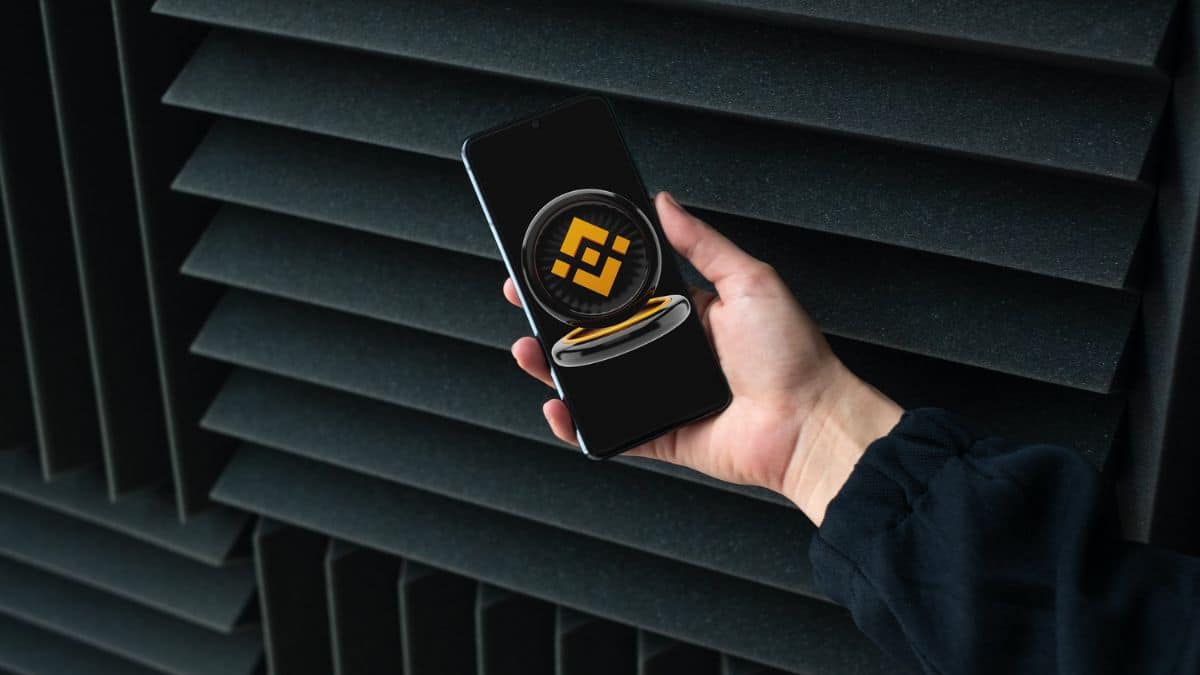
Binance Imposes More Restrictions on Russian Users
- Russian users have relied on P2P trading on Binance to evade financial restrictions.
- The Russian Central Bank recorded peer-to-peer transactions valued at almost $430 million between October 2022 and March 2023.
- US authorities are concerned about the risk posed by P2P marketplaces in allowing people to bypass sanctions.
- A Binance spokesperson has confirmed that the exchange is considering a total exit from the Russian market amid Western sanctions on the country.
Cryptocurrency exchange Binance said on Monday that it restricted Russia-based users from trading in any other currencies than the ruble. The ban is the latest of Binance’s restrictions on Russian users accessing its peer-to-peer (P2P) marketplace.
Binance added that users must have Russian Know Your Customer (KYC) authentication and be residents of Russia to use the Russian ruble on Binance P2P. In addition, Binance stated that users living outside Russia with verified foreign addresses can trade in currencies aside from the euro, the Russian ruble, the Ukrainian hryvnia, and the US dollar.
Binance’s new restrictions have largely affected Russians who live abroad and need to use the exchange’s P2P service to swap their rubles for other currencies through Russian banks.
Binance’s change of stance on Russian users comes days after Bloomberg and The Wall Street Journal reported that the crypto exchange could have aided Russians in evading financial sanctions by allowing them access to its P2P market.
However, Binance did not state if the new round of restrictions on Russian users was in response to Western sanctions or in compliance with the new set of financial restrictions imposed by the Russian government.
Binance announced over the weekend that it removed five Russian banks targeted by U.S. sanctions from its P2P market. Interestingly, reports claimed that Binance rebranded two of the sanctioned banks, Sber and Tinkoff, to “green” and “yellow” under its P2P payment options.
Binance later announced that it had totally taken both banks off the list of payment options. Regardless, it appears that authorities are growing concerned about the possible role that P2P services might play in helping people evade sanctions. For example, the U.S. Treasury Department believes P2P transactions deserve closer scrutiny after identifying such services as a possible loophole.







